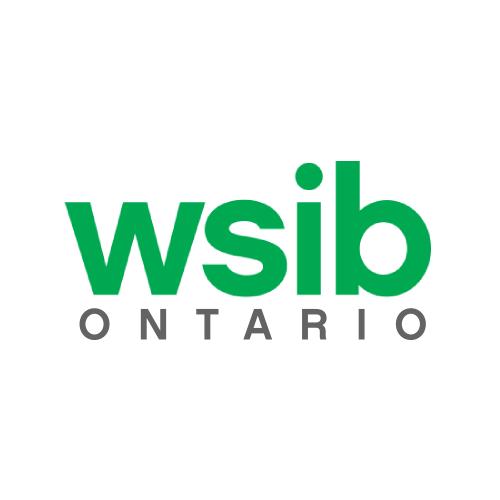WSIB in Ontario is reevaluating work options for injured foreign workers, aiming for fairness. Previously, only Ontario work was considered. Now, WSIB will assess opportunities in their home job market. This change follows Ontario’s Bill 149, allowing more benefits. WSIB will review over 50 claims since 2007 to rectify disparities. Additionally, a new Foreign Agricultural Worker Strategy emphasizes recovery and return to work in Ontario, ensuring fair treatment for all injured workers.
Ontario’s Workplace Safety and Insurance Board (WSIB) will change its interpretation of ‘suitable work available in the job market’ for injured foreign workers.
“These workers are among the most vulnerable in Ontario, and we must support them if they get hurt on the job,” said Jeff Lang, WSIB president and CEO. “They work on our farms, grow our food, and contribute to our economy. If they get injured, our responsibility continues even when they return to their home country.”
Under legislation, if someone is injured at work and cannot return to their original job but can work elsewhere, the WSIB must adjust their income replacement payments accordingly.
However, this has been interpreted as work available only in Ontario, even for foreign agricultural workers unable to return to the province for non-farming work.
Effective immediately, the WSIB will interpret this obligation as suitable and available work in the person’s home job market.
“We reassessed this and the previous interpretation couldn’t be justified,” said Lang. “It’s unfair to deduct an Ontario salary equivalent from an injured farm worker sent back to Jamaica.”
In March, Ontario’s Bill 149, the Working for Workers Four Act, 2024, received royal assent, enabling additional “super indexing” increases to WSIB benefits above the annual rate of inflation.
WSIB Implements Changes to Improve Treatment of Injured Farm Workers
Following the change, WSIB will review over 50 claims filed since 2007 that were decided based on suitable occupations in Ontario.
The WSIB pays workers 85% of their salary if they’re hurt on the job and unable to return to that role, but claws back money earned from other work.
With the claims review, WSIB is expected to pay out millions in retroactive compensation, aiming to do the right thing and treat injured farm workers fairly.
WSIB has introduced a new Foreign Agricultural Worker Strategy, emphasizing recovery and return to work in Ontario for foreign agricultural workers.
The strategy consists of three main pillars:
- Prevention and compliance: WSIB will support the SAWP program by offering services to boost health and safety awareness, prevent injuries and illnesses, and facilitate earlier return to work.
- Communication and engagement: WSIB will foster improved collaboration and information sharing among industry stakeholders, liaison offices/consulates, government departments, and labor advocates. This aims to better assist SAWP participants who sustain injuries or fall ill on the job.
- Case management: WSIB will enhance the claims process for SAWP participants, prioritizing recovery and return to work outcomes. This includes recognizing the local labor market realities after their return home. If a SAWP participant is injured at work and unable to return to the farm, available jobs in their local labor market will be considered, rather than solely in Ontario.

